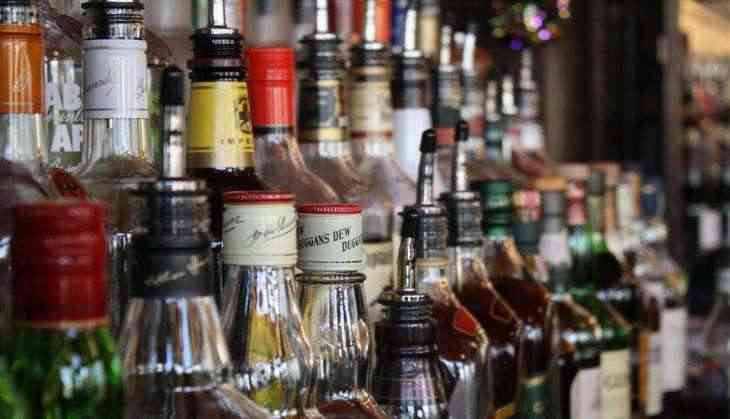
Archaeologists have discovered a stash of hundreds of liquor bottles, along with other items dating back to World War I at buried British barracks in Israel.
The unexpected discovery was made in an archaeological excavation of the Israel Antiquities Authority being conducted in Israel.
The researchers also found flint tools that are 250,000 years old from the Middle Palaeolithic period.
The excavation is being carried out as part of the construction of a highway.
"The written historical evidence regarding the soldiers' activities in the British army in Israel usually consists of "dry" details, such as the number of soldiers, direction of attack, and the results of the battle," said Ron Toueg, excavation director of the Israel Antiquities Authority.
"The discovery of this site and the finds in it provide us with an opportunity for a glimpse of the unwritten part of history, and reconstruct for the first time the everyday life and leisure of the soldiers," said Toueg.
"We exposed a building whose upper part was not preserved, which was apparently the foundations of a barracks," he said.
The structure was used for agricultural purposes in the Ottoman period, and during World War I the British converted it for military use, researchers said.
"Inside the building we discovered dozens of uniform buttons, belt buckles, parts of riding equipment, and other artifacts that were the property of the British soldiers," Toueg said.
The building caught fire and collapsed for a reason which is unclear. The place where the soldiers discarded debris was revealed just a few meters from the building.
"We were surprised to discover that, along with broken crockery and cutlery, there was an enormous number of soft drink and liquor bottles," Toueg said.
"In fact, about 70 per cent of the waste that was discarded in the refuse pit were liquor bottles. It seems that the soldiers took advantage of the respite given them to release the tension by frequently drinking alcohol," he added.
"Interestingly, the glass bottles, which contained mainly wine, beer, soda and alcoholic beverages such as gin, liqueur and whiskey, came from Europe to supply soldiers and officers in the camp. It is a fascinating testimony of the everyday life of the British military camp a century ago," said Brigitte Ouahnouna, a researcher in the glass department of the Israel Antiquities Authority.
An interesting item that was found in the excavation is the tip of a swagger stick that belonged to a Royal Flying Corps officer.
Swagger sticks were usually carried by senior officers as a symbol of authority. Its tip is made of silver and it is stamped with the symbol of the corps and the initials RFC.
"To the best of my knowledge, this is the first item of its kind ever found in Israel," said Assaf Peretz, a researcher of the period at the Israel Antiquities Authority.
-PTI


